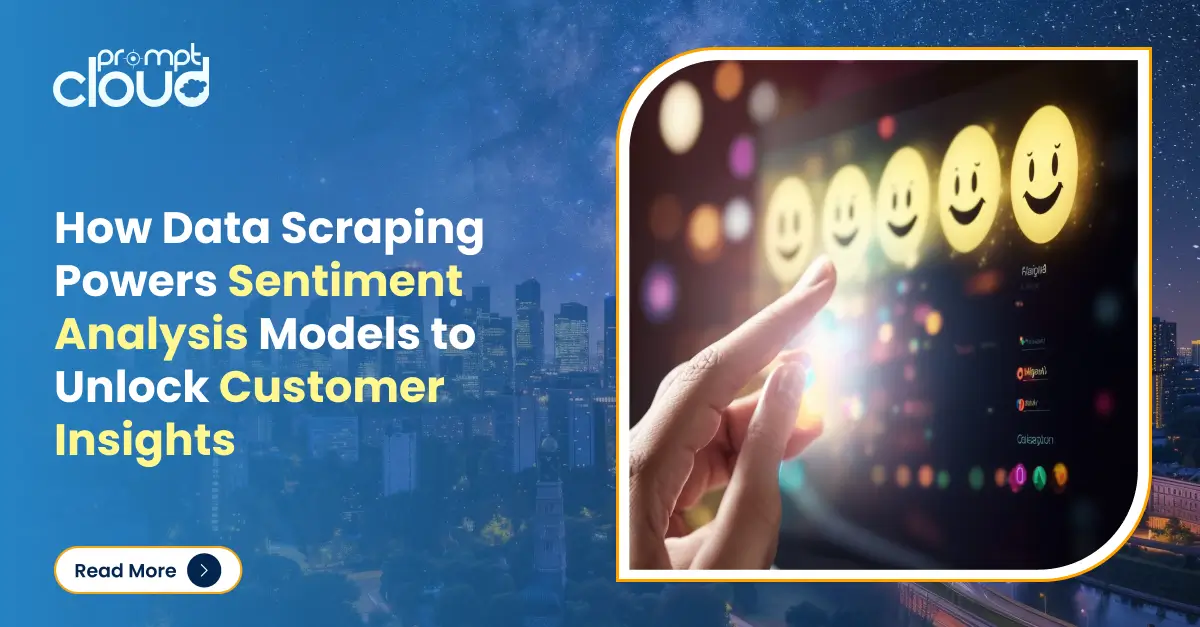Big data will help solve your problems and analytics will open a world of possibilities.
But use it unwisely, and it’ll leave you dazed with its sheer volume. Your precious data tools will be rendered useless even as you face a data deluge and don’t know what to do with it.
It’s not all that hard to use big data!
Here’s a guide that will help you cash in on big data and analytics:
Be discreet
If you thought just having data will help, then think again. Data is the means, not the end. With all the raw information sitting in front of you, you’re not miraculously going to get insights! You’ll need to cook it: identify your need, know your problem, and use your own judgment to take the decisions based on analysis results. Know what to use, when to use, and how to use.
Know what you want
Technology is ever-evolving. Data technology, even more so. You’ll be bombarded with newer analytic software, better data storage, sophisticated algorithms, and engaging data sets.
But do you really need all of it?
Analyze viability, gauge its utility in addressing your problem. Don’t end up investing (and thereby wasting) resources in going after ‘better’ technology; it’s a myth.
Choose your data
Big is not always better. To begin using data analytics start by prioritizing: filter the noise; find data sets that help resolve immediate problems. Don’t end up trawling empty data seas looking for Moby Dick; instead, learn to identify pools with large number of fish!
Match data and business
Big Data silos are redundant if they aren’t harvested properly. Data needs to be incorporated to be used properly. The information will ring hollow if it isn’t co-related. Identify your business needs and try to bridge the gap with data analytics and not vice versa.
Trial and error
Data often needs to be churned in different ways to gather new perspectives. Know what worked last time. Start from scratch and reinvent the process. If something is wrong, start over.
The point is to crystallize your data by sharpening your analytic tools. This will save time and resources as you continue innovating and sifting through newer data sets!
Curate data
Data quality matters. Sitting on data that’s irrelevant will only compound your problems. Address this by offloading what you don’t need. Or best, start off with relevant data.
Reduce the noise and you’ll be able to sing the tune better, we say.
Image credits: Dilbert | experimentaltheology






















